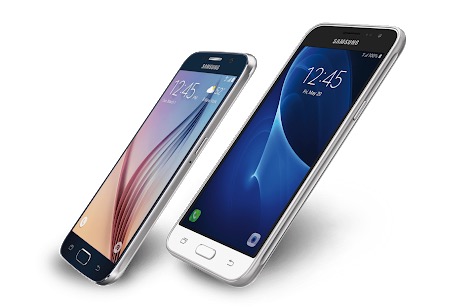Ever lost your phone briefly and felt your heart jump out of your chest? Long before now, landlines and payphones were all we had and we survived just fine. Enabling technology for mobile phones was first developed in the 1940s but it was not until the mid 1980s that they became widely available in the western world and for those of us in Nigeria, they became widely popular and available in 2001.
Now, it is almost impossible not to have a smartphone in the highly digitized and computerized world we live in today. It is so prominent that our smartphones have now begun to take the larger parts of our lives.
Take the Smartphone Addiction Test
- Do you check your smartphone within an hour of waking up?
- Do you check your smartphone within an hour of going to sleep?
- Do you check your smartphone at times without any reason?
- Do you check your smartphone over 30 times per day?
- Do you have to check your smartphone the moment you receive a text message or email?
- Do you check and use your smartphone during face-to-face interactions?
- Do you feel the urge to text, call, or social network while driving?
- If you were asked to give up your smartphone for one week, could you do it?
We created technology to serve us, yet so many of us have become enslaved to our phones. Smartphones have not only replaced cellphones, but to a certain extent they have also replaced personal computers and a multitude of other devices. They are a mixed bag when it comes to productivity. It goes without saying that staying connected seems essential. But while staying connected may make you feel productive because it makes your work that much more, it has been shown to invariably make you less productive.
In the USA, the latest data from the Pew Research Center shows that 46% of smartphone owners said that their smartphone is something “they could not live without”. Meanwhile, smart- phone ownership among American adults increased from 35% in 2011 to 64% in 2014 (Smith, 2015). In addition, 15% of American young adults between 18 and 29 years of age are classified as heavily dependent on smartphones for online access. We are certain this research is applicable for Nigeria and many parts of the world.
Smartphone use has been changing daily routines, habits, social behaviors, values, family relations and social interactions. The constant use of smartphone applications 24hours a day has been linked to sleep disturbances, stress, anxiety, withdrawal and deterioration in well-being, decreased academic performance, and decreased physical activity.
 Here are several ways to keep your phones from taking over your life:
Here are several ways to keep your phones from taking over your life:
- Do a phone Swap: In situation where you have to spend time with someone, you both can do a phone swap so you both don’t get carried away with notifications of messages from your smartphones. This gives more attention to the conversation and spending time with each other.
- The Kanye West Way – Just this Monday, Kanye West took to his Twitter page to share about addiction to our mobile phones. The rapper and entrepreneur went on to share what we believe to be a very helpful tip to help with smartphone addiction. In his words, “Look at your phone as tool not an obligation. Would you walk around with a hammer in your pocket? You would pick up a hammer when you needed it you would never be addicted or obligated to it. Use your phone like a hammer only pick it up when you need it”
- Strategic Airplane Mode: In cases where to have to attend meetings, grab a coffee or dinner with someone you can flip your smartphone into airplane mode so no new messages or distractions can come in. Everyday it’s best you flip your phone into airplane mode at night when about to sleep to ease the stress of bulk messages when you wake up.
- Mind the Gap: It’s incredible how much value we could add to ourselves with the small gaps we have in between our day. We can disconnect from our smartphones while doing little things like walking down the street, waiting on a cab queue, using the restroom. These small gaps help us reflect, recharge, think about what we should do next, and even let our mind wander so we can approach our work from a more creative angle. When we fill every gap in our day with our phone, we miss out on all of these benefits.
- Shut Off Every Single Notification: Notifications are stimulating, and help you feel more connected to your work—but they often only create the illusion of productivity. Productivity isn’t about how busy you are it’s about how much you accomplish. Chances are you accomplish less when your attention is constantly hijacked by pointless interruptions.
Keeping your phone from seeping into your work and life is worth the effort.
